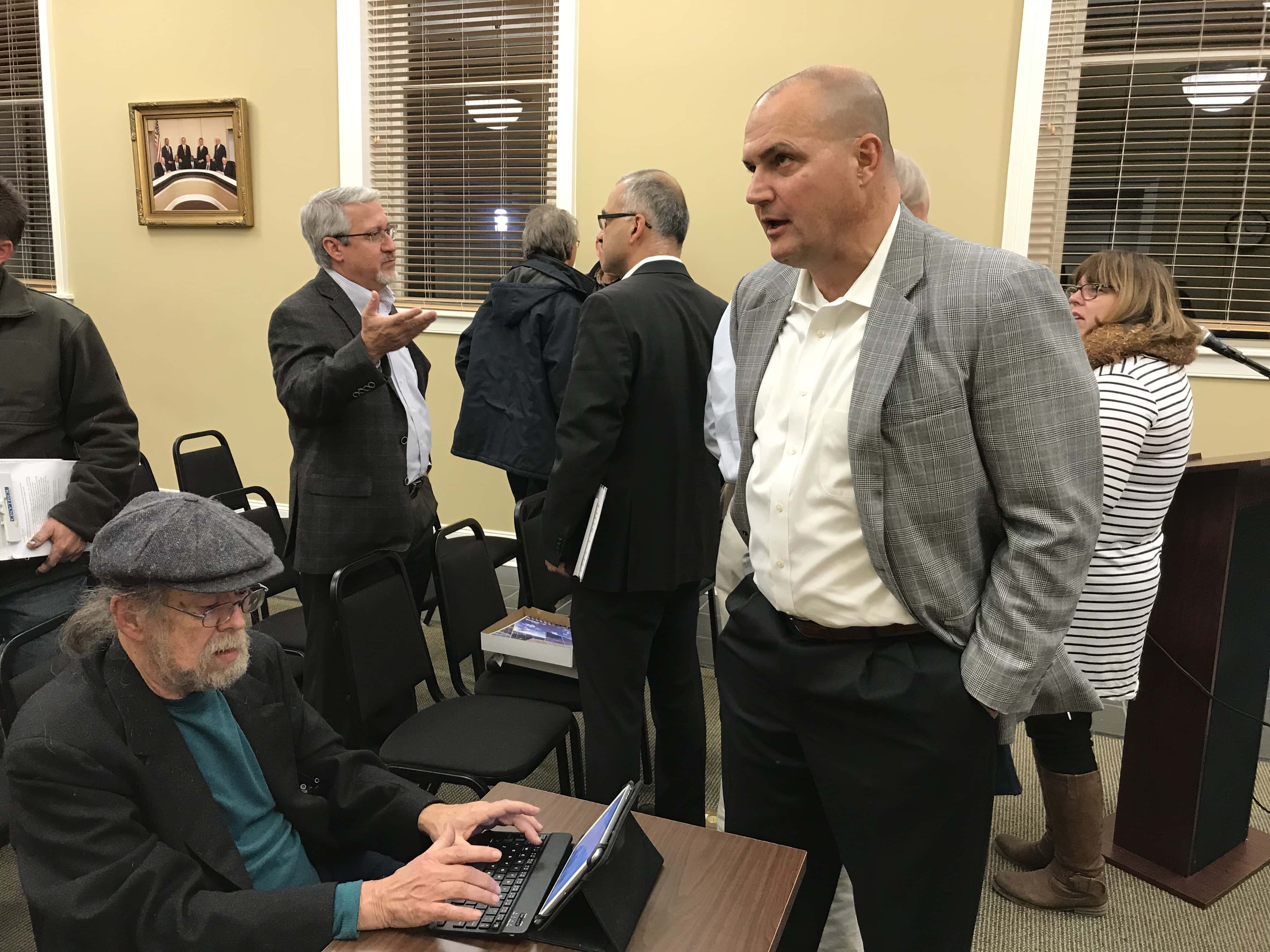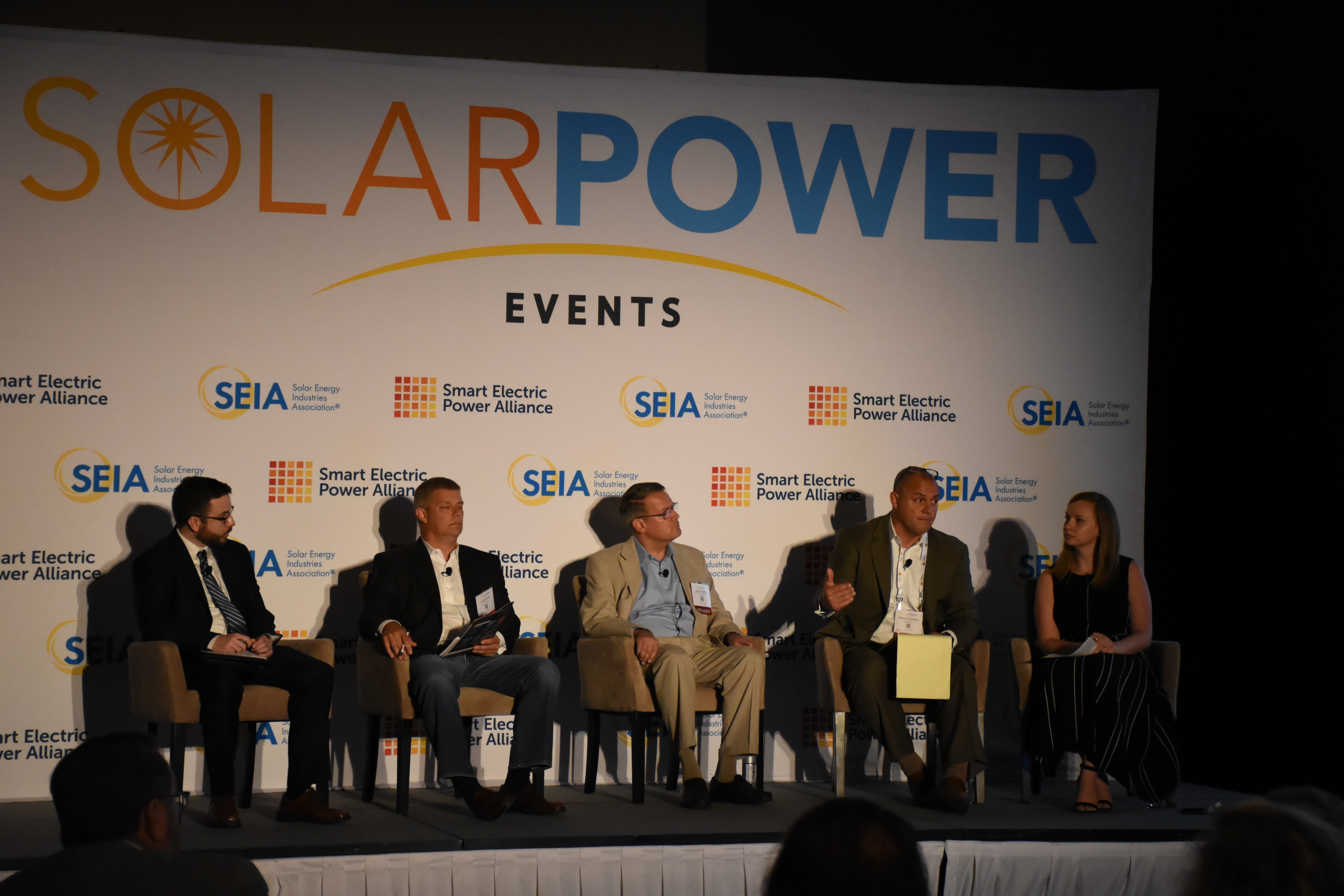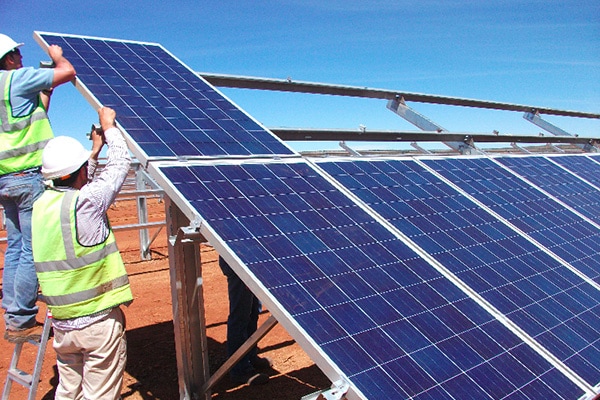Realizing the Economic Benefits of Solar: The Virginia Solar Workforce Initiative
Solar is Growing in the US More and more companies have made the commitment to purchase renewable energy as part of their sustainable business strategies. Large enterprises such as Microsoft, Kohl’s, Apple, The North Face are powered by solar, while Google, Marriott, McDonald’s and a majority of the Fortune 100 consider access to renewable energy as part of their investment decisions. Numerous companies have established their operations in locations where they can access solar power. What does this mean for






